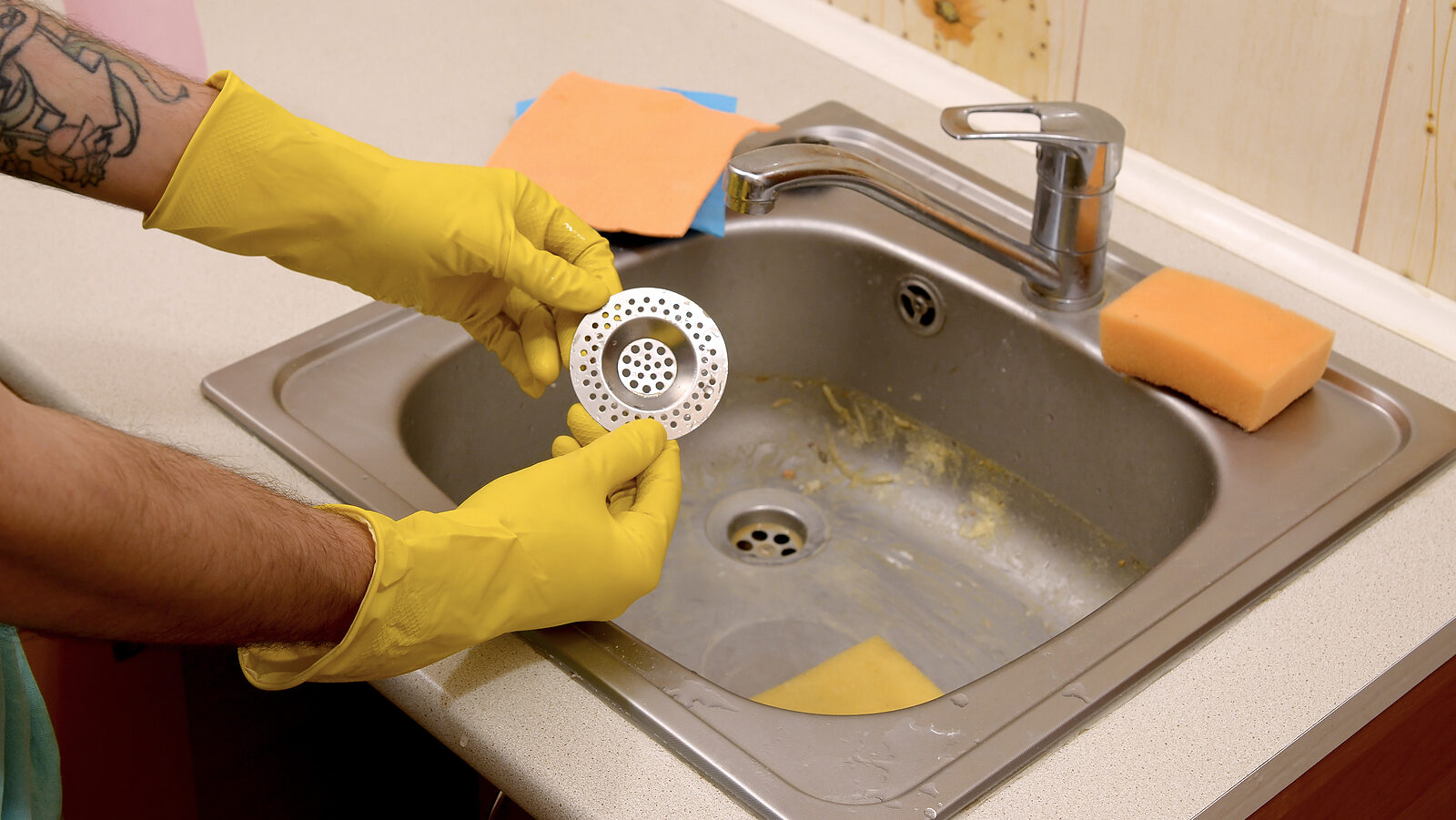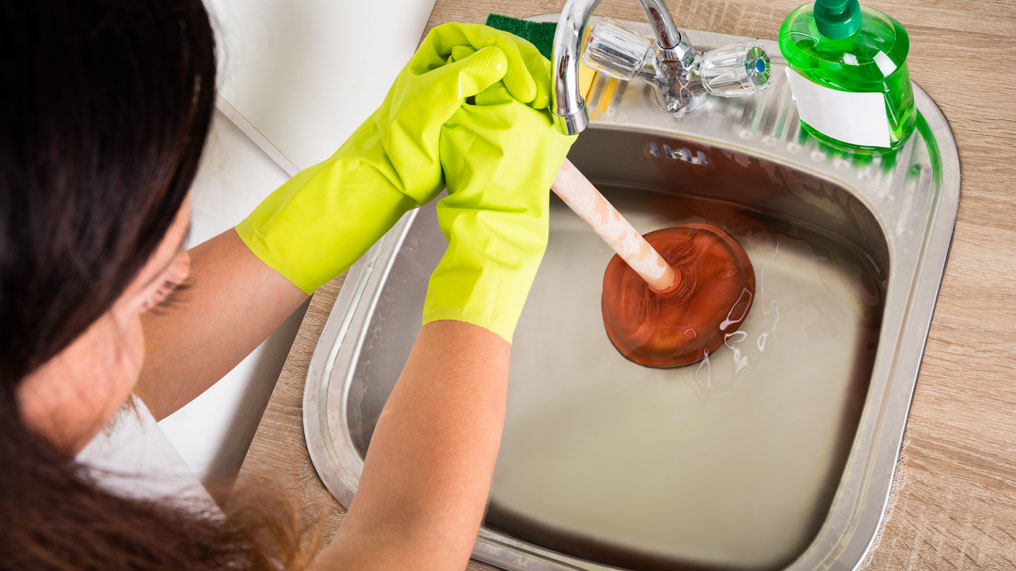Tips for Dealing with a Blocked Drain Prior to Seeking Expert Assistance
Tips for Dealing with a Blocked Drain Prior to Seeking Expert Assistance
Blog Article
Were you on the lookout for information and facts on What I learned from trying to deal with a clogged drain?

Intro
Managing an obstructed drainpipe can be an irritating experience, disrupting daily activities and potentially causing damage to your building. Nonetheless, prior to reaching out to plumbing professionals, there are steps you can take to address the issue yourself. In this overview, we'll explore DIY services and preventive measures to tackle a blocked drainpipe successfully.
Identifying the Problem
The initial step in dealing with an obstructed drain is identifying the indications. Slow-moving drainage, gurgling sounds, foul odors originating from drains pipes, or water backing up are common signs of an obstructed drainpipe. Identifying these indications early can aid stop better issues.
Picking the Right Plumbing Solution
When picking a pipes solution, take into consideration variables such as experience, licensing, and customer reviews. Select a trustworthy plumbing with a performance history of high quality craftsmanship and transparent pricing practices.
Expense Considerations
The price of specialist drainpipe cleaning services can differ depending upon the extent of the obstruction and the plumbing technician's rates. Demand quotes from numerous carriers and inquire about any type of service charges to make sure openness and avoid surprises.
Safety and security Precautions
When attempting DIY drain cleansing, focus on security. Wear safety gloves and glasses to prevent contact with damaging chemicals or bacteria. Never ever mix different drainpipe cleaning items, as this can create hazardous fumes.
Case Researches
Real-life examples show the effectiveness of do it yourself options and the importance of prompt specialist intervention in dealing with drainpipe obstructions.
Typical Causes of Obstructed Drainpipes
Comprehending the factors that add to drain clogs is vital for effective resolution. Typical culprits consist of hair, soap scum, oil, food debris, and foreign things like hygienic products or paper towels. Tree roots getting into below ground pipes can also cause significant blockages.
Do it yourself Solutions
For small blockages, several do it yourself remedies can be efficient. Putting boiling water down the drainpipe can help dissolve oil and particles. Sodium bicarbonate and vinegar or a combination of salt and baking soda can work as natural cleaners. Utilizing a plunger or pipes snake to remove blockages is another choice.
Devices and Equipment
Having the right devices accessible can make DIY drainpipe cleaning up more effective. A plunger is a functional tool for removing clogs in sinks, commodes, and showers. A pipes snake or auger can reach deeper obstructions, while drain cleaning chemicals can be utilized carefully for stubborn obstructions.
Preventive Measures
To prevent future blockages, taking on safety nets is crucial. Set up drain guards or strainers to catch hair and debris before they get in the pipes. Consistently flush drains with hot water to dissolve oil accumulation, and prevent dealing with grease or solid waste down the tubes.
When to Call a Specialist
While DIY remedies can settle small obstructions, certain indications suggest the need for professional support. Relentless clogs, foul odors despite cleaning up efforts, or multiple drains backing up all at once are warnings that warrant expert intervention.
Conclusion
By complying with the ideas described in this overview, you can successfully take on obstructed drains and prevent future pipes issues. Whether choosing DIY services or looking for expert aid, timely action is vital to maintaining a healthy pipes system and maintaining the honesty of your home.
HOW DO PLUMBERS AND DRAINAGE EXPERTS CLEAR BLOCKED DRAINS?
Most of us have dealt with a backed up drain at some point in our lives! Whether it’s in our home or at our business, when the toilet begins to overflow or the sink doesn’t drain properly, we ultimately seek help from professionals to clear wastewater lines and get things flowing again.
Sure, you can attempt every possible drain hack in the hopes that your line clears but, often, it’ll require more than just pouring something down the drain. Keep in mind too, that pouring acid-based liquid cleaners down your drain can result in even more problems. If unable to clear – and pass through – the clog, it’ll sit in the line and begin to eat away at the pipe. Calling a plumber or professional to clear your drain might be your last resort but it’s the proven result. So, what do they do, and what type of equipment do they use, to get rid of a blocked drain line?
How Do Plumbers And Drainage Experts Clear Blocked Drains?
To better understand exactly where the problem is located, experts will typically start with an assessment and a video sewer inspection. Using non-invasive equipment that enters and exits through the pipe, these cameras offer a look inside the pipe and can spot anything from buildup, to forming clogs, to tree roots to small holes that could be a future problem – in real-time. It can see up to 150 feet of even the hard-to-reach places of the line, so there’s nowhere to hide.
https://www.zoomdrain.com/blog/2023/january/how-do-plumbers-and-drainage-experts-clear-block/

I was brought to that report about 8 Tips For Clearing A Blocked Drain through a friend on a different web address. Sharing is good. Helping people is fun. Thanks a lot for your time invested reading it.
Call Report this page